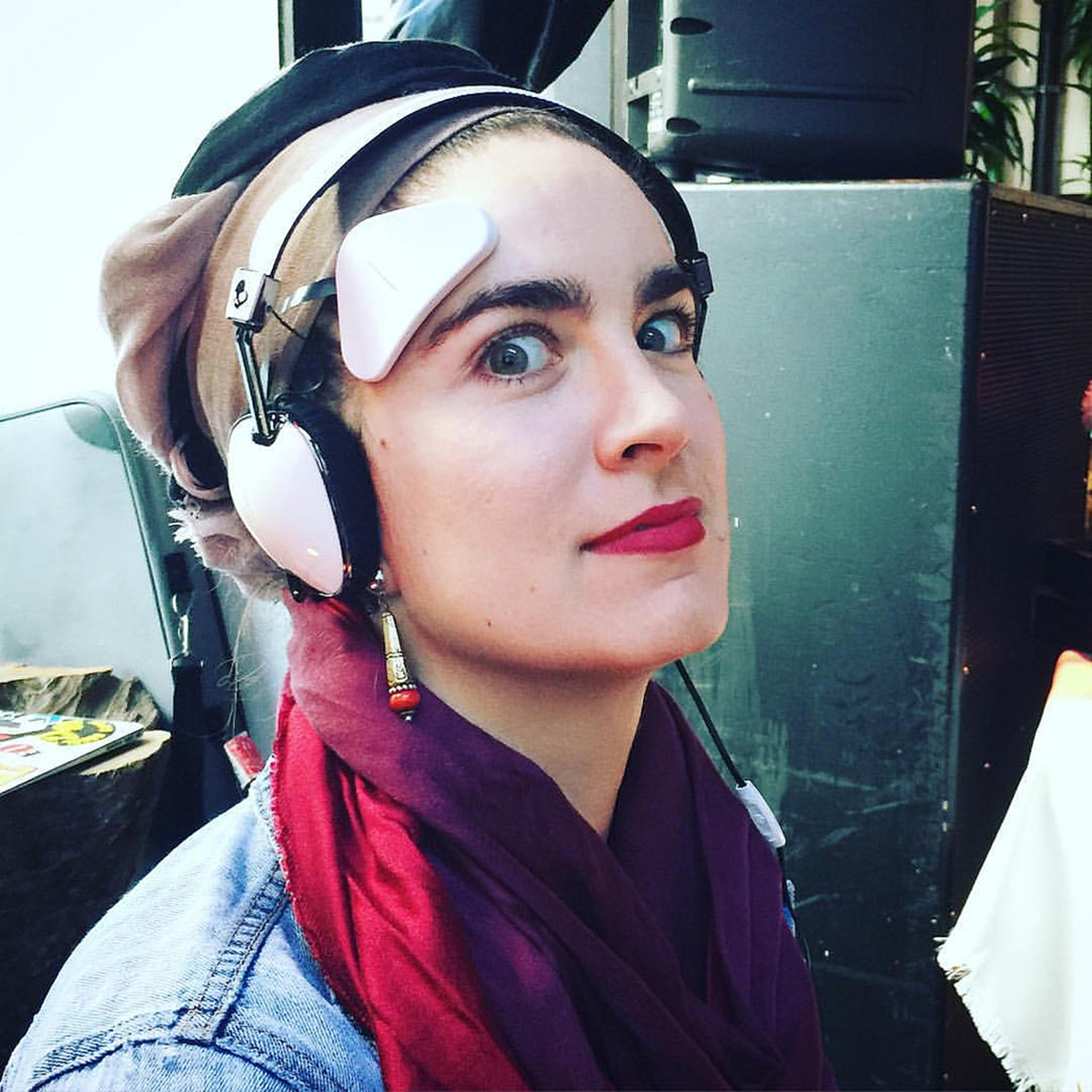Table of Contents
The rationale for buying devices like THYNC and Muse is that they offer a chemical-free, pharmaceutical-free method of managing depression, stress, and attention deficit disorders (and, from what I've seen in their actual use, probably also tremors, Parkinson's disease, and memory disorders, although the FDA has not approved them for these uses). Most of us use various substances to change the way we feel. Caffeine, alcohol, in some cases sugar, melatonin, sleeping pills, energy drinks, marijuana, herbs, and thousands of prescription medications promise to change the way we feel. These devices offer a way to change how one feels without the need to turn to a physical substance.

THYNC and Muse consist of an app and a module that is worn on the head with a headband. The app uses Bluetooth from Apple, Google, and Samsung devices to send messages to the module, which in turn generates either magnetic fields or extremely mild electrical currents to activate parts of the brain to achieve a desired result. The makers of the products claim that the magnetic fields and electrical currents are so mild that they should not even be regulated as medical devices; so far the FDA has not intervened.
Muse, which is being developed by brain interface device maker InteraXon, makes it possible to hear the sound of your mind while you meditate. The app contains algorithm that can tell you whether your mind is in a state or your mind is wandering, displaying a reading on your iPhone or Android smartphone. It will then tell you to close your eyes and to imagine as many experiences or states of being as possible associated with each mental state. Then the app trains you to duplicate the state of consciousness associated with that category so you can control your mind during meditation and as you go about your day mindfully. The metaphor the designers of the app used for distraction is wind. When you wear the device for meditation session and you are not focused on your meditation, you hear gusts of wind. As you focus more and more on your meditation, you hear less and less wind.
Muse has been used at the Mayo Clinics, University of Toronto, and Harvard to measure the mental states of patients before and after surgeries.
READ Best Tips for Stress Management
No one knows for sure, currently, that these devices do not sometimes have a detrimental effect by stimulating one region of the brain without stimulating others. They may not be suitable for some people who have experienced brain injury or stroke, although they may be extremely helpful for others who have had brain injuries or strokes. Because they generate such small amounts of energy, however, chances are that there is no detrimental side effect for any group of users. They may not work for everyone, but for people who do not have brain injury, they are reportedly remarkably effective.
- Ariana Eunjung Cha.To Your Health: Brain-zapping gadgets promise to make you a better you — smarter, stronger, even happier. Washington Post. 29 March 2016.
- Photo courtesy of sfslim: www.flickr.com/photos/sfslim/23285644425/
- Photo courtesy of sfslim: www.flickr.com/photos/sfslim/23177224722/
- Photo courtesy of sfslim: www.flickr.com/photos/sfslim/23177224722/


Your thoughts on this